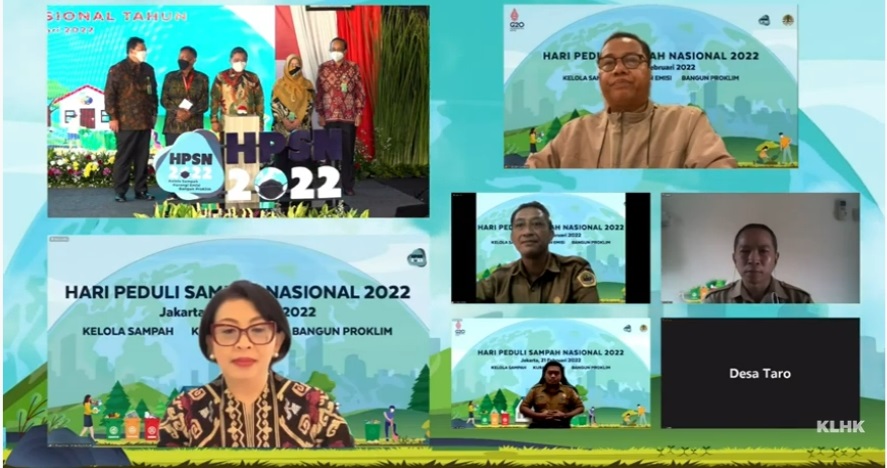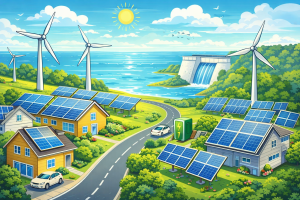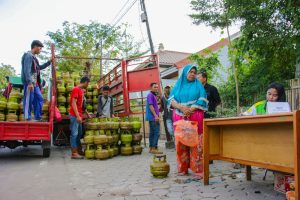
JAKARTA – Until 2021 at least 3,270 villages have played a role in controlling climate change, through the climate village program (Proklim), an official from the Ministry of Environment and Forestry (KLHK) said Monday (21/2). This year, four villages Proklim pilot projects in Gianyar Regency, Bali.
“With the assistance of Proklim, waste management in the four villages can improve significantly. In fact, the potential for reducing greenhouse gas emissions was doubled by 277 Gigagrams of CO2,” said Director General of Waste, Waste and B3 Management, Rosa Vivien Ratnawati in a virtual commemoration of National Waste Care Day (HPSN) with the theme ‘Manage Waste, Reduce Emissions and Build Proklim’.
Furthermore, Rosa added, the reduction of greenhouse gas emissions from Proklim village is expected to reach 1,262 Gigagrams of CO2 by 2030. This effort can be achieved through waste management with the existence of a waste bank, reuse, reduce, and recycle waste management activities, and compost processing involving active participation of the community.
Field observation still found bad waste management practices, such as open burning and indiscriminate or illegal disposal of waste, as well as the lack of maximum waste management such as no use of methane gas in the TPA and minimal paper waste recycling.
“This year’s HPSN is a new chapter in waste management in Indonesia, by carrying out three activities in one program that aims to institutionalize waste awareness in the community through the perspective of climate, waste management and social forestry,” he added.
Meanwhile, Deputy Minister of Environment and Forestry, Alue Dohong in his speech, said that waste is a serious and multidimensional problem. Garbage is a source of environmental degradation, not only in terms of aesthetics but also contributes to greenhouse gas emissions.
Indonesia is committed to reduce greenhouse gas emissions by 29% or 41% with the support of technology and international investment by 2030, he said. The waste sector will contribute to emission reduction through a chain management system. In its position as an energy substitute, waste can be processed into electricity, fertilizers and industrial raw materials. (Hartatik)















